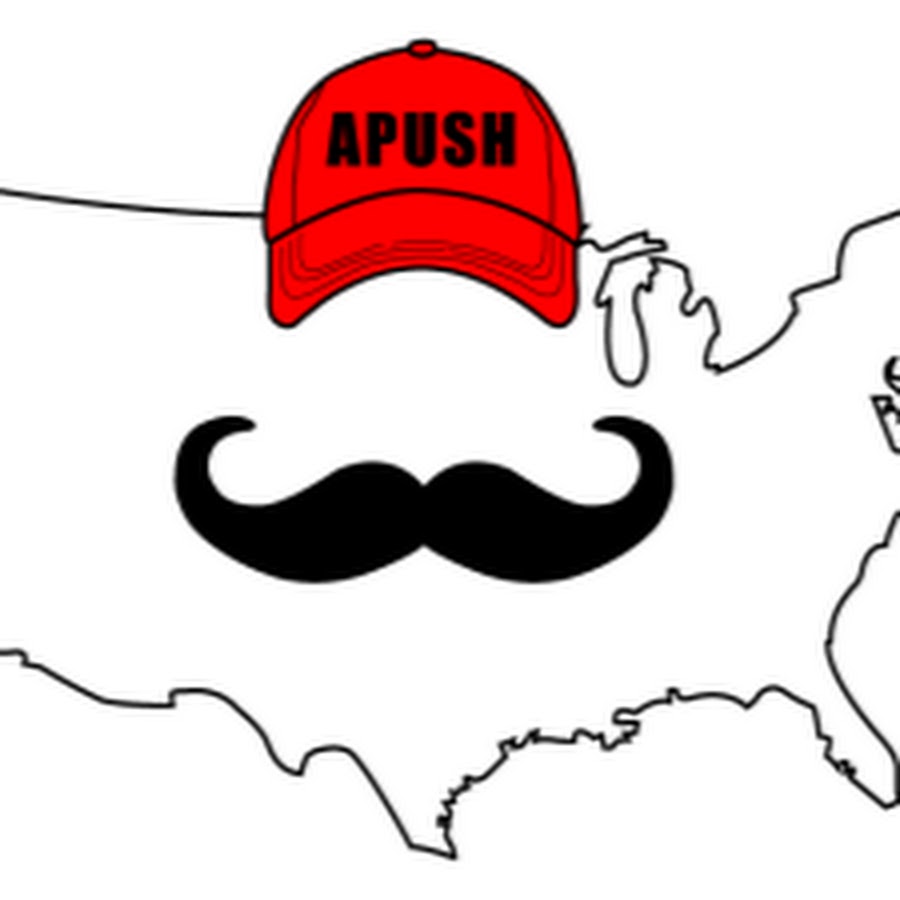Unit 8 covers a period called "post-war America" that spans from the end of World War II until the 1980s.
The period is overshadowed by the Cold War, which was a far-ranging conflict between the capitalist United States and the communist Soviet Union fought through proxy wars, ideological campaigns, and diplomatic crises. While the two nations engaged in hostilities through indirect means, they never engaged in a “hot” war with direct military battles.
The United States was deeply concerned that communism would spread out of the Soviet Union to other nations, including the United States itself. To prevent the spread of communism to Western Europe, the United States funneled money and services to war torn nations after World War II under the Marshall Plan. Domestically, Senator Joseph McCarthy led a broad investigation of communists and alleged communist sympathizers in the 1950s. Americans were divided over Senator McCarthy’s methods.
Americans became increasingly concerned about the power of the president to commit the country to foreign military engagements, like the Vietnam War, as well as the power of the president to utilize the growing nuclear arsenal.
In the postwar period, civil rights leaders such as Dr. Martin Luther King Jr. challenged racial discrimination through a potent combination of legal challenges, non-violent protests, and awareness campaigns. As a result of these protests, Congress passed the Civil Rights Act of 1964 in order to promote greater racial equality. The success of the African-American civil rights movement led other groups, such as feminists, LGBT communities, Latinos, American Indians, and Asian Americans, to also begin publicly agitating for more rights under the law.
Activists also narrowed in on economic inequality and urban poverty. Lyndon Johnson’s Great Society was a wide ranging attempt to end discrimination, eliminate poverty, and broadly right the injustices of U.S. society. Johnson’s Great Society, as well as Supreme Court decisions expanding civil liberties, was opposed by conservatives who felt that the country was in a period of moral and cultural decline.
Despite this backdrop of international conflict and domestic unease, the postwar period can generally be classified as a period of domestic growth. Mass culture, including television, helped to define cultural mores of the age. These tools were used by evangelical Christian churches and organizations as they began to play an increasingly powerful role in politics.






